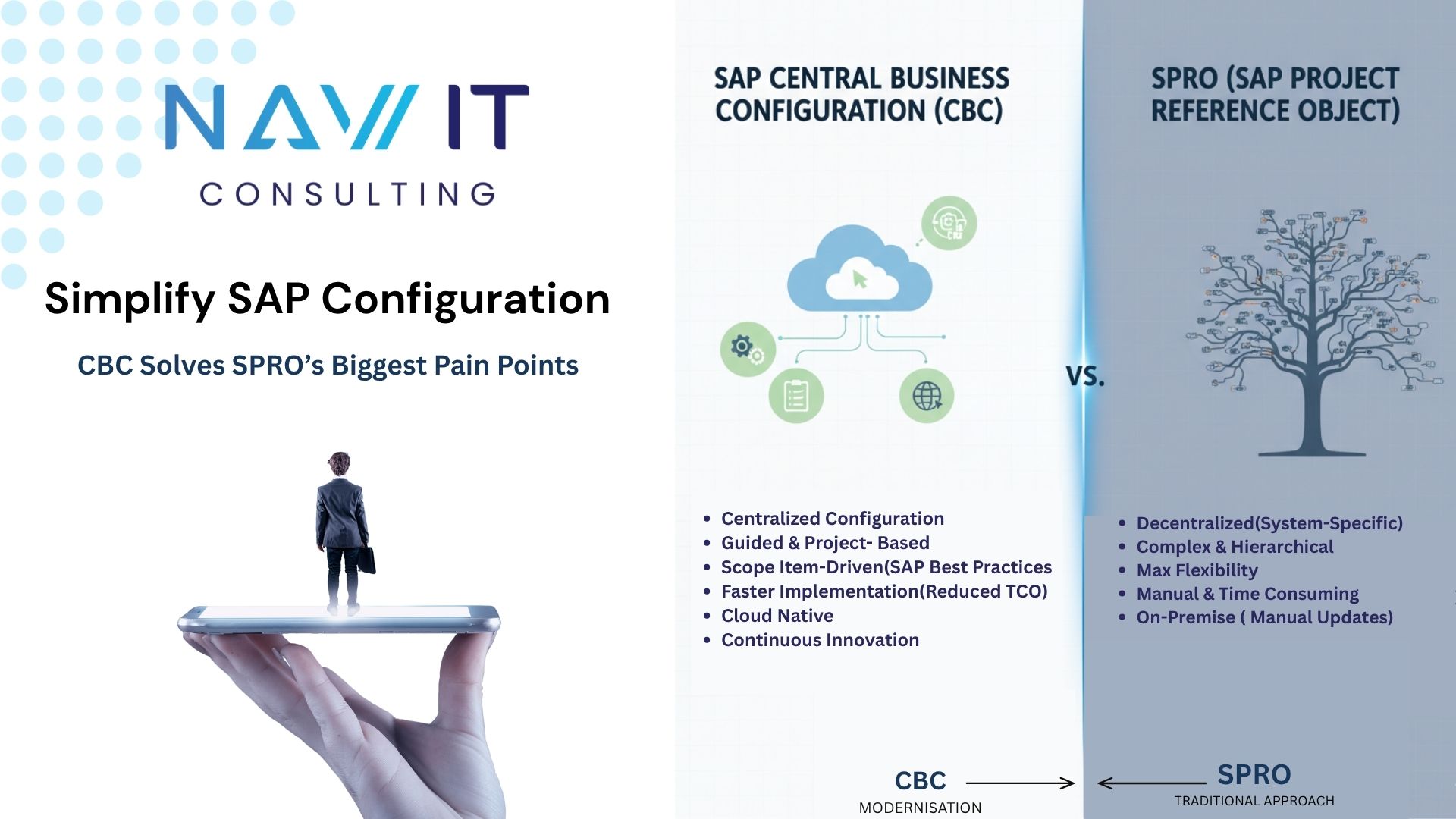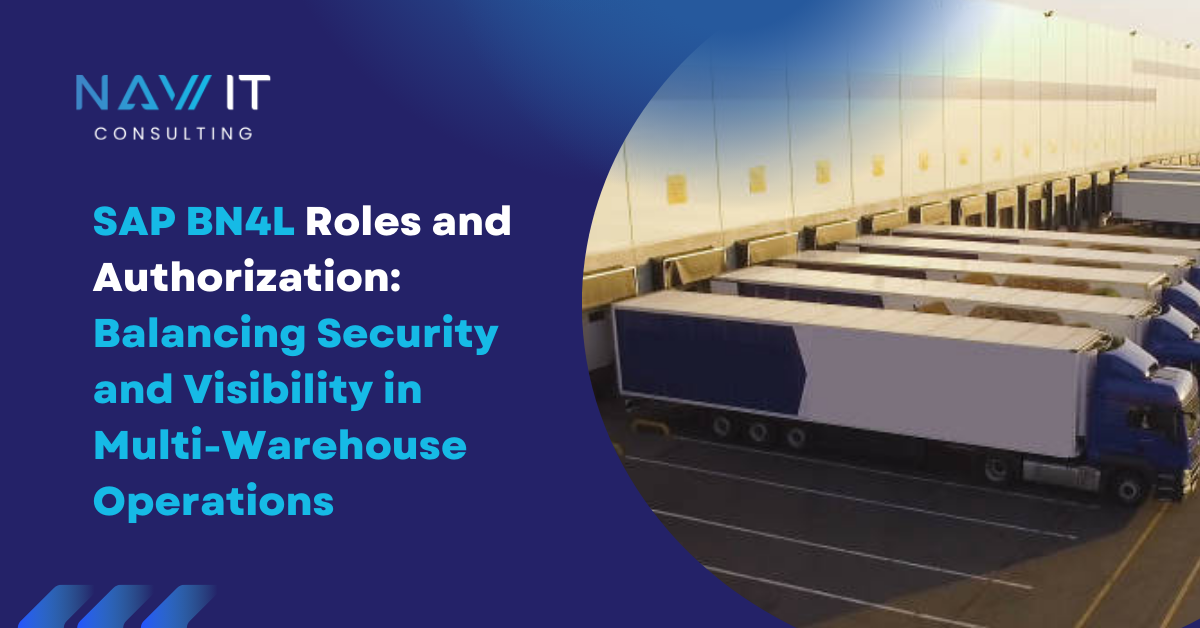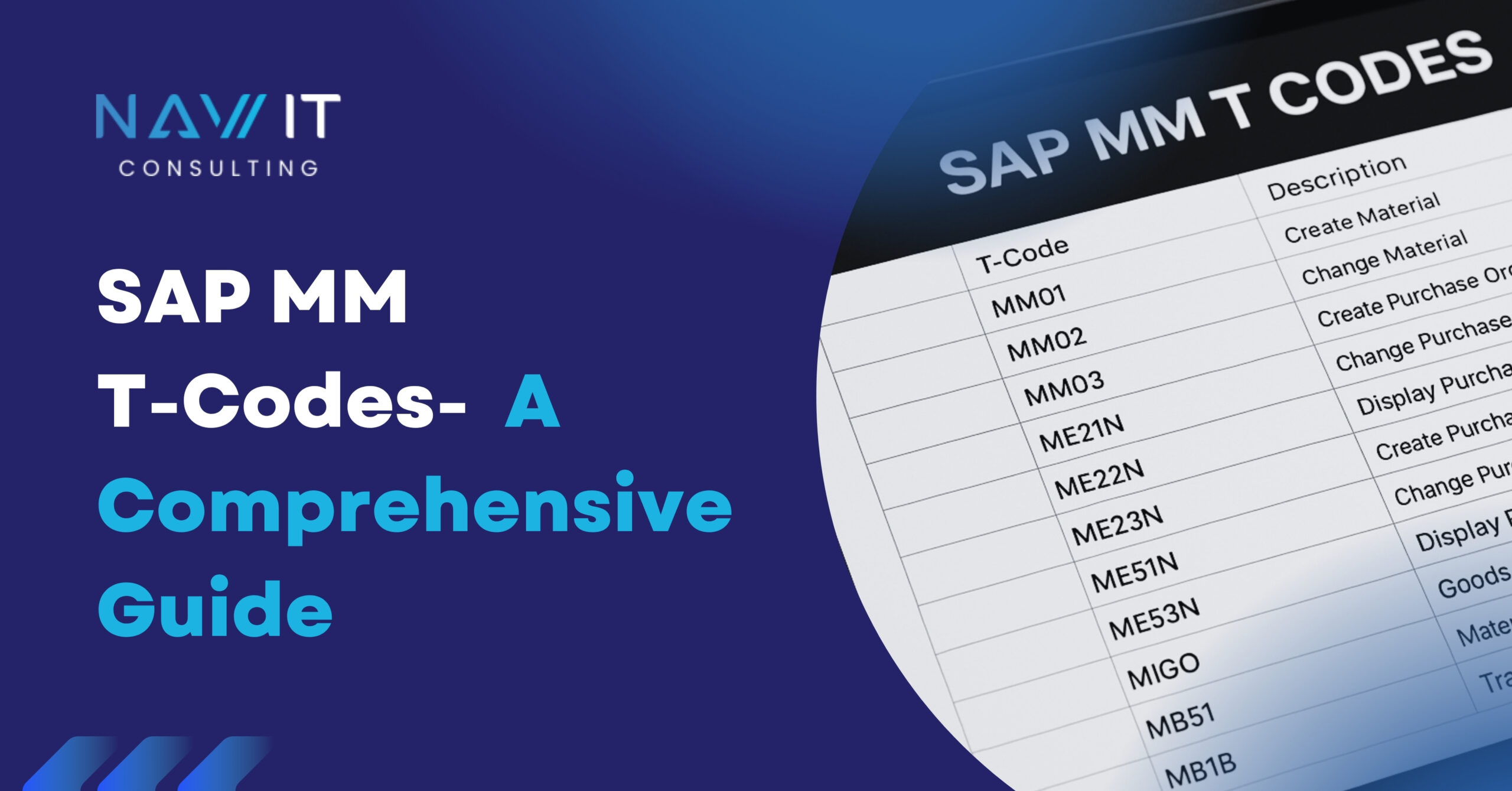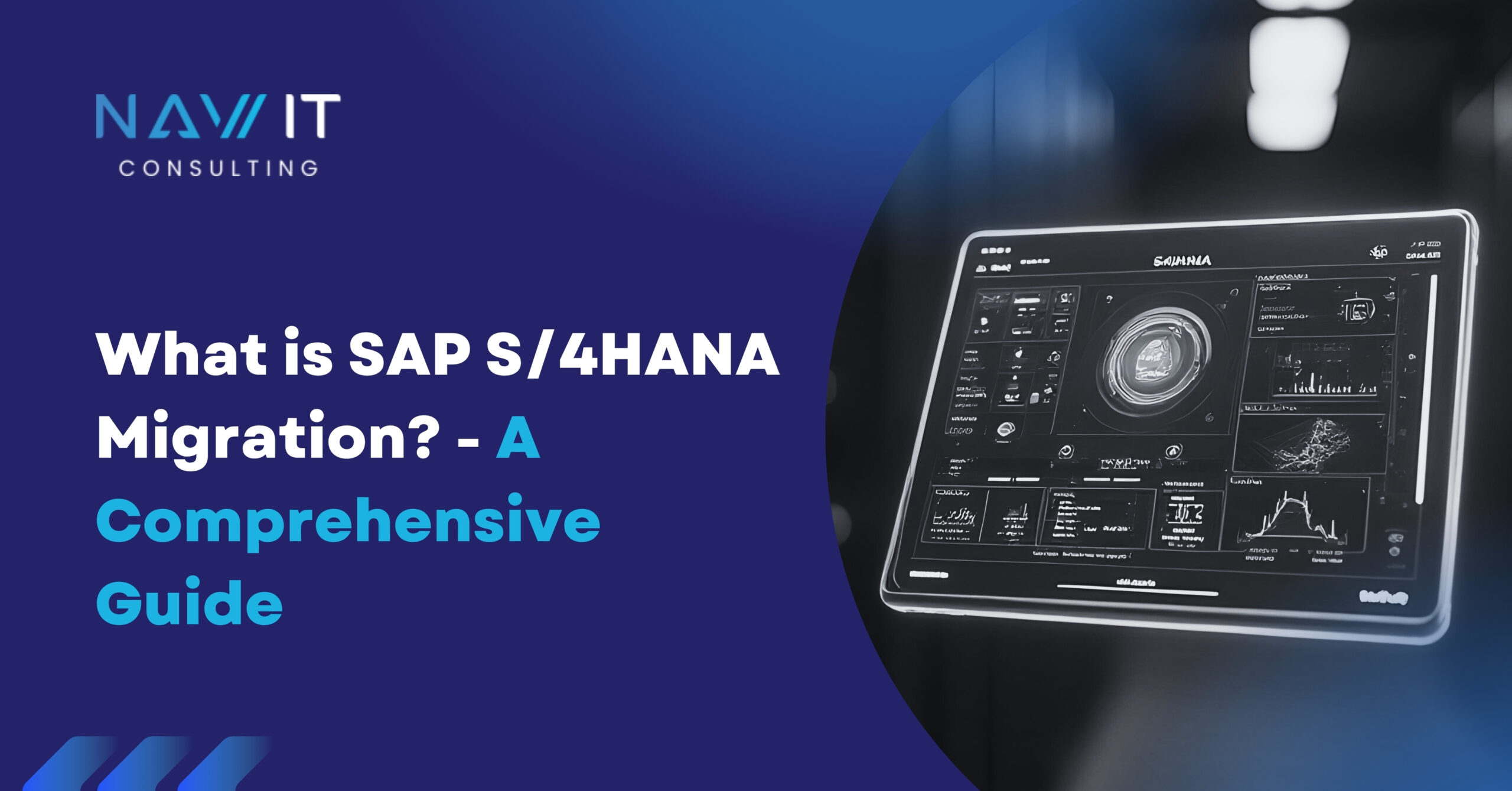Supply Chain Management (SCM) plays an important role in ensuring the smooth movement of goods from production to consumers. Efficient SCM is the backbone of logistics, helping businesses manage complex distribution networks, meet rising customer expectations, reduce operational costs, and maintain agility. With increasing demands for faster delivery, transparency, and sustainability, companies need robust SCM solutions to remain competitive.
This blog will explore the top 10 supply chain management companies for logistics that are leading the logistics industry, setting new standards through their technological innovations, and sustainable practices, using technology such as Generative AI and advanced digital solutions, to optimize logistics and customer-centric strategies. These companies are known for their expertise, global reach, and the ability to adapt to evolving market conditions.
Join our LinkedIn Network for updates, tips, professional growth and many more:
What You Will Learn
In this blog, we will provide an in-depth look at each company’s key services, innovations, and reasons for their prominence in the logistics and SCM domain. You will also gain insights into:
- An overview of each company’s contribution to Supply Chain and logistics.
- How these companies leverage innovations like Generative AI to create digital supply chains.
- The industries they serve and the unique supply chain AI strategy they employ.
By the end, you’ll have a comprehensive understanding of the top SCM companies, their strengths, and why they are trusted by leading brands to handle complex logistics challenges.
Criteria for Selection
The following list of the top 10 supply chain management companies is based on several factors:
- Global Reach: Global reach and innovation in Supply Chain organization design and talent.
- Technological Innovation: Their proven ability to implement supply chain AI use cases and create antifragile supply chains.
- Industry Leadership: Recognition as leaders in their respective fields by analysts and industry bodies like Gartner.
- Sustainability Initiatives: Their focus on reducing the environmental impact of supply chain operations.
- Client Base and Case Studies: Success in delivering SCM solutions for diverse industries, including manufacturing, retail, healthcare, and more.
- Future Impact: Their strategic role in defining the future supply chain
1. Unilever
Overview
Unilever is a multinational consumer goods company with a strong and highly efficient supply chain that sets a gold standard for logistics and sustainability. With operations spanning across 190 countries, Unilever has optimized its global supply chain using advanced technologies like AI, predictive analytics, and blockchain.
Key Services and Innovations
Unilever’s supply chain focuses on:
- Sustainability: Through its “Unilever Compass” strategy, the company emphasizes reducing carbon emissions, achieving net-zero by 2039, and minimizing waste.
- Digital Transformation: Unilever has adopted AI-driven analytics to optimize demand forecasting and streamline production schedules, ensuring the right products reach the right markets at the right time.
- Consumer-Centric Logistics: Unilever’s supply chain operates with an integrated approach, focusing on direct-to-consumer models, ensuring that deliveries are fast and efficient.
Why Unilever Stands Out
Unilever’s commitment to sustainability is unparalleled, and their use of blockchain for transparency and traceability throughout their supply chain demonstrates their leadership in technological innovation. Also, the integration of Generative AI and supply chain AI strategy has transformed the logistics landscape. The company’s agility in responding to market changes and consumer demands has helped them stay ahead in an ever-changing global market.
2. NAV-IT
Overview
NAV-IT is a leader in the digital transformation of supply chain management, specializing in logistics optimization through SAP-based solutions. The company helps businesses streamline their supply chains, particularly through SAP Transportation Management (SAP TM), a comprehensive solution for managing freight and logistics operations.
Key Services and Innovations
- Integrated SAP Solutions: NAV-IT leverages SAP TM to provide real-time visibility into inventory, transportation, and procurement processes. This allows businesses to optimize routes, reduce transportation costs, and improve delivery timelines.
- Predictive Analytics and Automation: NAV-IT’s solutions integrate machine learning (ML) and predictive analytics to anticipate potential disruptions in the supply chain, enabling companies to respond proactively.
- Customization: NAV-IT tailors its solutions to meet the specific needs of its clients, whether they are focused on automating warehouses, optimizing fleet management, or streamlining international logistics.
Why NAV-IT Stands Out
NAV-IT’s strength lies in its ability to customize SAP solutions to address complex logistics challenges. Their solutions enable companies to enhance the visibility, speed, and efficiency of their supply chain processes and future supply chain. Their advanced use of automation and predictive technologies positions them as a key player in the logistics space.
3. Genpact
Overview
Genpact, a global leader in digital transformation, offers data-driven supply chain solutions tailored to industries ranging from consumer goods to pharmaceuticals. Known for its use of advanced analytics and automation, Genpact helps companies optimize their supply chain networks, making them more agile and responsive to changing market conditions.
Key Services and Innovations
- AI-Powered Solutions: Genpact uses AI and data analytics to optimize demand forecasting, reduce lead times, and improve inventory management.
- End-to-End Supply Chain Management: Through its partnerships with platforms like Kinaxis and e2open, Genpact provides real-time supply chain visibility, helping businesses respond quickly to disruptions.
- Agility and Flexibility: Genpact’s supply chain solutions are designed to help companies be more resilient and adaptive to market changes, including demand fluctuations and supply chain disruptions.
Why Genpact Stands Out
Genpact is recognized for its ability to deliver scalable, data-driven supply chain solutions that drive significant improvements in logistics efficiency. Their commitment to continuous improvement through AI and automation helps businesses stay ahead of the curve in a rapidly changing global environment.
4. Cisco Systems
Overview
Cisco Systems is a global leader in IT and networking but also excels in digital supply chain innovation. Known for its digital transformation capabilities, Cisco has applied its technology expertise to create a more resilient and agile supply chain.
Key Services and Innovations
- Blockchain and Cloud Computing: Cisco integrates blockchain technology to enhance transparency and traceability in its supply chain. Its use of cloud-based platforms enables real-time monitoring and data-driven decision-making.
- Sustainability Initiatives: Cisco’s supply chain focuses on reducing its environmental footprint, with a goal to achieve net-zero emissions by 2040.
- Resilience through Digitization: Cisco employs advanced digital solutions to minimize supply chain disruptions, particularly in its vast global electronics and hardware distribution network.
Why Cisco Stands Out
Cisco’s supply chain stands out for its integration of cutting-edge digital technologies and its commitment to sustainability. The company’s innovative approach to logistics management and supply chain resilience has set new benchmarks in the tech industry.
5. Amazon
Overview
Amazon has redefined logistics and supply chain management with its relentless focus on speed, innovation, and efficiency. As the world’s largest online retailer, Amazon’s supply chain is a massive operation that uses AI, robotics, and automation to optimize warehousing and distribution.
Key Services and Innovations
- Robotics and Automation: Amazon’s fulfillment centers are powered by robotics, significantly reducing manual labor and enhancing order processing speeds.
- Last-Mile Delivery: With initiatives like Amazon Prime and same-day delivery, Amazon sets the standard for last-mile delivery solutions.
- Sustainability: Amazon’s “Shipment Zero” initiative aims to make 50% of all shipments carbon neutral by 2030, as part of its larger sustainability goals.
Why Amazon Stands Out
Amazon’s ability to manage high-volume, high-speed logistics on a global scale is unmatched. Their use of cutting-edge technologies and their focus on customer satisfaction and sustainability make them a leader in the logistics space.
6. PepsiCo
Overview
PepsiCo is a global leader in the food and beverage industry, and its supply chain is integral to its success. With a focus on digital transformation, sustainability, and automation, PepsiCo has built a resilient supply chain that spans multiple continents.
Key Services and Innovations
- Sustainability Efforts: PepsiCo’s “PepsiCo Positive (Pep+)” initiative integrates sustainable practices into every aspect of its supply chain, from sourcing raw materials to distributing finished goods.
- Circular Supply Chains: PepsiCo leverages circular supply chains to minimize waste and reduce the use of raw materials, contributing to a more sustainable logistics ecosystem.
- Digital Transformation: Through its AI-powered platforms, PepsiCo has optimized demand forecasting, inventory management, and distribution, ensuring efficient logistics operations.
Why PepsiCo Stands Out
PepsiCo’s commitment to sustainability and its forward-thinking approach to digital transformation makes it a leader in supply chain innovation. Their efforts to reduce waste and improve logistics efficiency set them apart in the consumer goods industry.
7. DHL Supply Chain
Overview
DHL, a subsidiary of Deutsche Post DHL Group, is one of the world’s largest logistics providers, offering end-to-end supply chain solutions across various industries, including retail, automotive, and healthcare. DHL’s global reach and emphasis on digital transformation have established it as a top contender in supply chain management.
Key Services and Innovations
- Industry-Specific Solutions: DHL offers tailor-made logistics solutions for industries like life sciences, automotive, and e-commerce, using specialized teams and technologies to meet each sector’s unique demands.
- Warehouse Automation: With a focus on warehouse automation, DHL has integrated robotics and IoT sensorsto optimize inventory management and reduce lead times.
- Green Logistics: DHL has committed to zero emissions by 2050, with investments in electric vehicles, alternative fuels, and carbon offsetting programs to reduce the environmental impact of its operations.
Why DHL Stands Out
DHL’s commitment to sustainability and its investments in automation and digital solutions have positioned it as a leader in the global logistics sector, enabling it to manage some of the most complex supply chains in the world.
8. Procter & Gamble (P&G)
Overview
Procter & Gamble, a multinational consumer goods corporation, has developed a highly efficient and agile supply chain that supports its vast portfolio of products across over 70 countries. P&G’s commitment to supply chain innovation is reflected in its investments in technology, data analytics, and sustainable practices.
Join our LinkedIn Network for updates, tips, professional growth and many more:
Key Services and Innovations
- Synchronized Supply Chains: P&G employs real-time data analytics to synchronize its global supply chain operations, ensuring the right products are delivered to the right markets at the right time.
- Sustainability Focus: P&G has made significant strides in creating a circular economy by reducing waste, minimizing packaging materials, and utilizing recyclable plastics in its logistics operations.
- Demand-Driven Planning: P&G uses AI-based demand forecasting to predict consumer behavior and adjust production and distribution accordingly, reducing excess inventory and improving cost efficiency.
Why P&G Stands Out
P&G’s ability to combine cutting-edge technology with sustainable practices ensures that its supply chain is both efficient and environmentally responsible, making it a benchmark for other companies in the consumer goods space.
9. Johnson & Johnson
Overview
Johnson & Johnson is a global leader in healthcare products, pharmaceuticals, and medical devices, with an extensive supply chain that delivers essential products worldwide. The company’s ability to handle the complexities of healthcare logistics—ensuring that life-saving medicines and equipment reach patients on time—is a key factor in its leadership in SCM.
Key Services and Innovations
- Healthcare Supply Chain: Johnson & Johnson’s supply chain focuses on temperature-sensitive products, ensuring that medical devices and pharmaceuticals are safely stored and transported using cold chain logistics.
- Blockchain for Transparency: The company has integrated blockchain to provide transparency and traceability in its pharmaceutical supply chain, ensuring that counterfeit products are kept out of circulation.
- Sustainable Sourcing: Johnson & Johnson is dedicated to reducing its carbon footprint and promoting sustainable sourcing, particularly in its use of renewable energy and reduction of single-use plastics.
Why Johnson & Johnson Stands Out
The company’s focus on life-critical logistics, combined with its use of blockchain technology and emphasis on sustainability, makes it one of the most reliable and innovative digital supply chain companies in the healthcare sector.
10. Microsoft
Overview
Microsoft, one of the largest technology companies globally, has leveraged its extensive IT expertise to build a resilient and tech-enabled supply chain. Microsoft’s supply chain ensures the seamless production and distribution of its software, cloud services, and hardware products worldwide.
Key Services and Innovations
- Cloud-Powered Supply Chain: Microsoft utilizes its own Azure cloud platform to power its supply chain, offering real-time visibility and predictive analytics to streamline logistics operations.
- AI and Machine Learning: The company employs AI-driven forecasting and demand planning tools to ensure that products are delivered efficiently, minimizing disruptions and optimizing resource allocation.
- Sustainability Efforts: Microsoft’s supply chain is also focused on reducing environmental impact, aiming for carbon neutrality by 2030, with significant investments in renewable energy and green logistics.
Why Microsoft Stands Out
Microsoft’s deep integration of cloud computing and AI technology into its supply chain operations makes it a tech-driven leader in logistics management. Its sustainability initiatives also highlight its commitment to creating a greener, more efficient supply chain.
Conclusion
The companies listed here represent the pinnacle of innovation and efficiency in Supply Chain management for logistics. With technologies like Generative AI, supply chain AI strategy, and the push for antifragile supply chains, these companies are not only meeting today’s challenges but also paving the way for the future supply chain. Whether through digital transformations, sustainability initiatives, or innovations in supply chain organization design and talent, these Supply Chain leaders are setting new benchmarks for what’s possible in global logistics.









